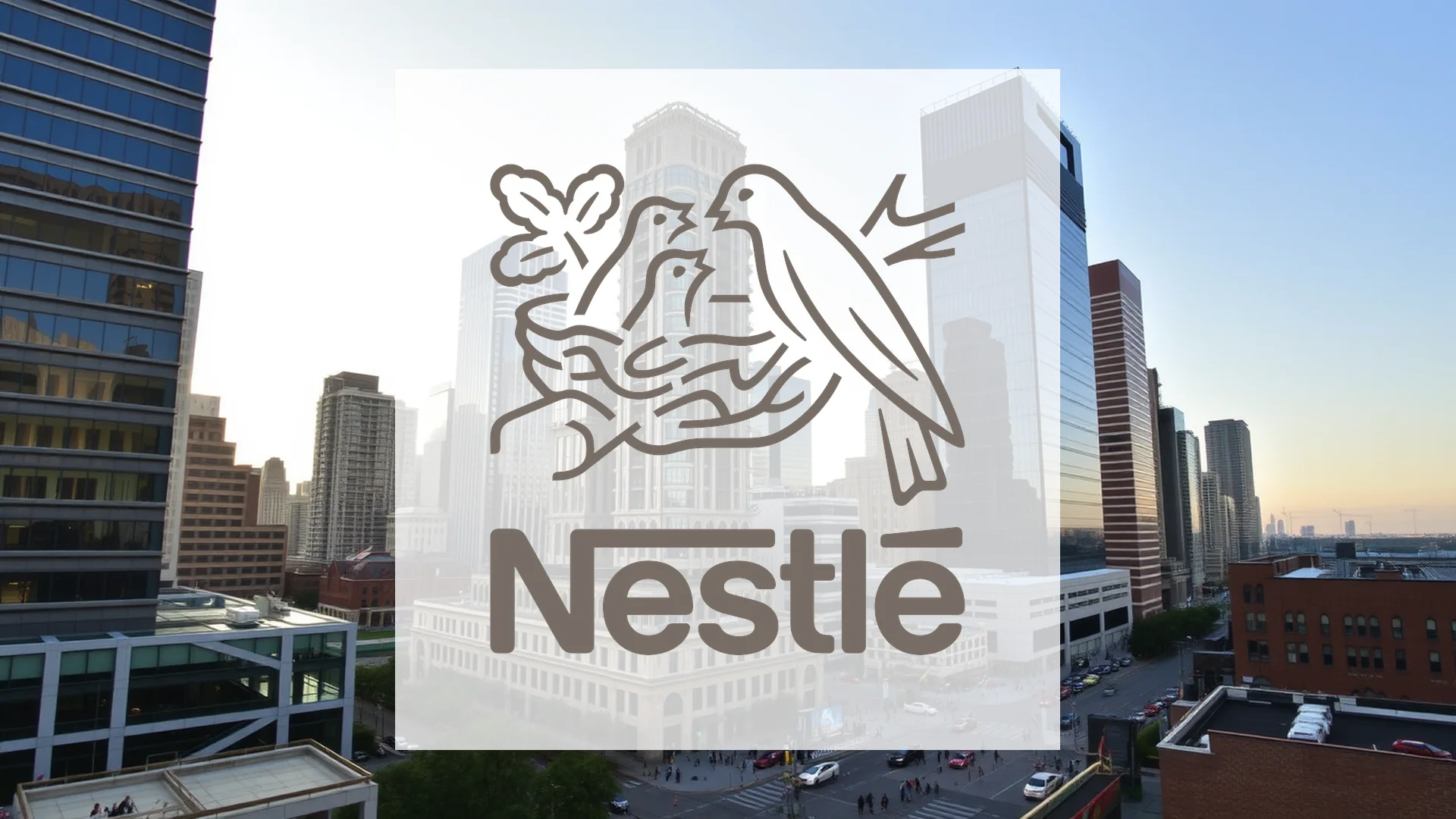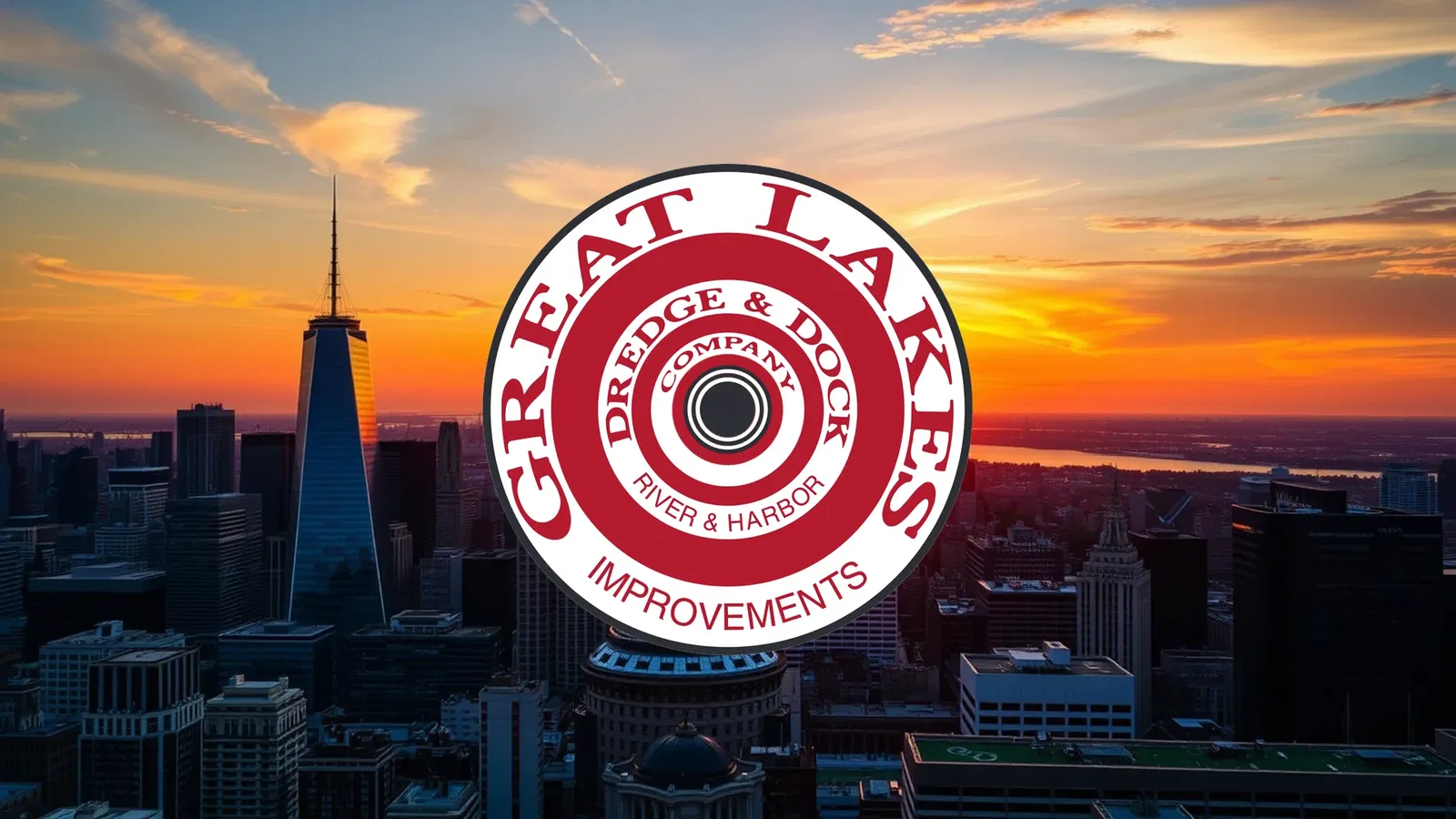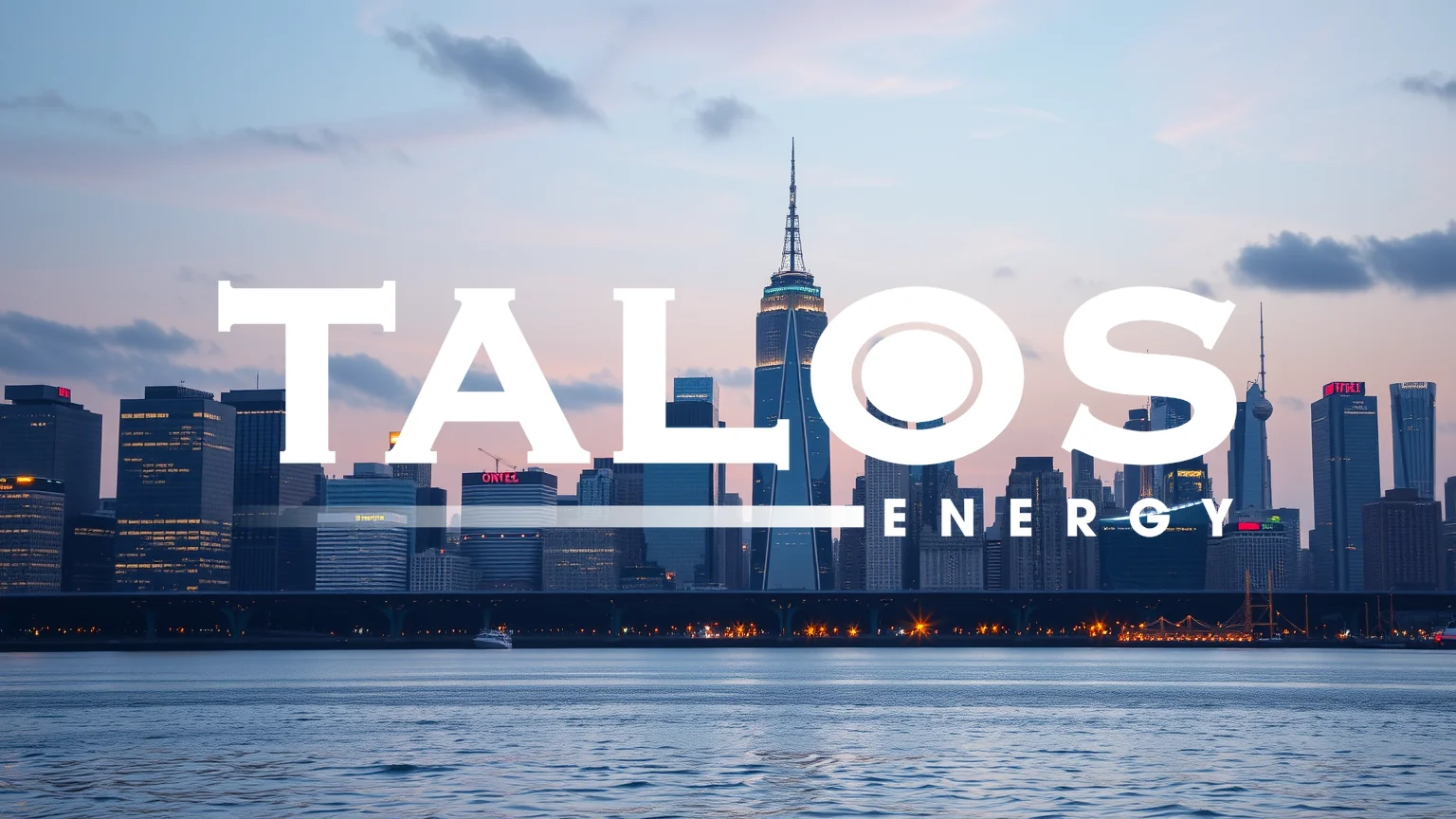Nestlé’s newly appointed CEO, Philipp Navratil, has announced sweeping organizational changes that will eliminate approximately 16,000 positions globally, representing about 5.8% of the company’s total workforce. This represents the most significant workforce reduction in the Swiss food giant’s recent history. The announcement comes amid surprisingly strong quarterly performance that sent Nestlé shares soaring with their largest single-day gain since the 2008 financial crisis.
Navratil, who has been in his role for only a few weeks, is implementing what he describes as a “performance mentality” culture shift. “The world is changing, and Nestlé must transform more rapidly,” the CEO stated, emphasizing that market share losses will no longer be tolerated under his leadership.
Impressive Cost Reduction Targets
The comprehensive efficiency program aims to achieve substantial savings:
- CHF 3 billion in cost reductions by the end of 2027
- 12,000 administrative positions eliminated
- 4,000 additional roles in production and supply chain discontinued
- Implementation timeline spanning 2025 through 2027
For the upcoming year, Nestlé is targeting CHF 700 million in cost savings, with the most significant financial impact expected to materialize in 2026 and 2027.
Strong Quarterly Performance Defies Expectations
In a notable contrast to the restructuring announcement, Nestlé delivered unexpectedly robust third-quarter 2025 results. The company reported organic growth of 4.3%, substantially exceeding analyst projections of 3.7%. Even more impressive was the real internal growth figure of 1.5%, which dramatically surpassed the modest 0.3% forecast by market experts.
Financial markets responded enthusiastically to the dual news of strong performance metrics and aggressive restructuring plans. Nestlé shares surged as much as 8.2% in a single trading session—marking the stock’s most substantial daily percentage increase in 17 years. The unexpected volume growth particularly signaled underlying operational strength.
Leadership Stability After Turbulent Period
Navratil’s appointment concludes an unprecedented period of executive instability at Nestlé. The corporation changed CEOs twice within a remarkably compressed 13-month timeframe. His predecessor, Laurent Freixe, was terminated in September 2025 due to an undisclosed relationship with a subordinate employee. Simultaneously, board chairman Paul Bulcke stepped down prematurely—creating an extraordinary dual leadership vacuum for a corporation of Nestlé’s stature.
Should investors sell immediately? Or is it worth buying Nestle?
The appointment of Pablo Isla, former chief executive of Inditex, as the new board chairman brings experienced crisis management leadership to Nestlé’s governance structure, potentially restoring stability after the recent executive turmoil.
Significant Structural Challenges Persist
Despite the positive quarterly results, Navratil confronts substantial operational headwinds. Since August 2025, U.S. import tariffs of 39% on Swiss goods have created additional pressure. The crucial Chinese market continues to underperform, with CFO Anna Manz acknowledging that Nestlé had overemphasized distribution expansion while underestimating genuine consumer demand dynamics. Additionally, the accelerating consumer shift toward healthier product alternatives continues to pressure Nestlé’s traditional brand portfolio.
Strategic repositioning efforts are advancing rapidly, with the water and premium beverage divisions undergoing comprehensive review alongside vitamin and dietary supplement operations. Underperforming brands with narrow profit margins are being systematically divested.
Market analysts maintain cautious outlooks despite the restructuring announcement. Deutsche Bank increased its price target from CHF 81 to CHF 86 while maintaining a “Hold” recommendation. Morgan Stanley expressed even greater skepticism, raising its target minimally from CHF 71 to CHF 72 and maintaining an “Underweight” rating. Conversely, Bernstein analysts described the workforce reductions as “fuel for the turnaround fire,” suggesting the drastic measures represent precisely the right strategic signal.
Despite the extensive organizational changes, Nestlé reaffirmed its 2025 guidance, projecting improved organic growth compared to 2024 and targeting an operating margin of at least 16%. The company’s medium-term ambition reaches toward 17% operating margins.
Nestlé shares currently trade at €84.03, approximately 11% below their 52-week peak. Whether Navratil’s radical restructuring will deliver the anticipated corporate turnaround or whether structural challenges prove too formidable will likely become evident over the coming quarters.
Ad
Nestle Stock: Buy or Sell?! New Nestle Analysis from February 7 delivers the answer:
The latest Nestle figures speak for themselves: Urgent action needed for Nestle investors. Is it worth buying or should you sell? Find out what to do now in the current free analysis from February 7.
Nestle: Buy or sell? Read more here...











